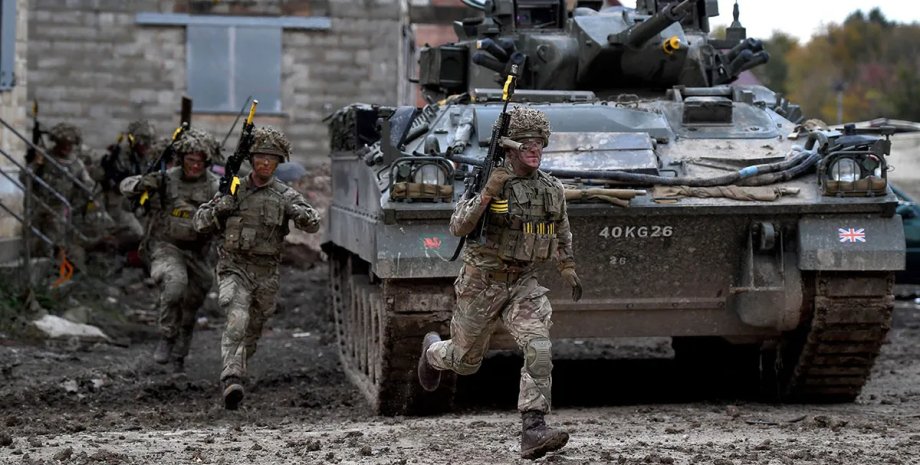
 By Victor Duda
By Victor Duda
In hot spots around the world and around them the question arises how to get more people in shape. Some countries are returning to the mandatory call for young young men. This usually means that civilians are forced to service in the army. In the early 20th century, the fate of countries in the world with a compulsory call was 80%. In the mid-2010s, this percentage decreased to less than 40%. The recruitment was replaced by a professional service in the army under contract.
But while the western countries were abolishing the conscription, the Russian Federation, Iran and the DPRK, on the contrary, the army was growing. Now the event also needs to build up the army, but less. In Israel, service in the army is the central support of the state. After the attacks on October 7, about 300,000 Israelis left civilian life and returned to the country.
Now Israel wants to extend the service life of men to 3 years and increase the age of conscription for reservists up to 45 years. At the same time, Taiwan should prepare for a possible war with China in Asia. In 2022, Taipei continued his military service from four months to a year. Currently, they have only 169,000 personnel fighters, and in China 2 million of South Korea, where military service is not popular, changes are being made.
The service life is shortened to 18 months, salaries are raised, and the government wants to hire more women. The publication provides a survey of a worldwide study of values, which for years ask people one question: "Would you be ready to fight for your country?" In the Netherlands, for example, only 36% of the population aged 16-29 are ready to fight for their country. This is partially expected.
As countries become richer, their citizens tend to be less strive to sacrifice themselves for the nation. The German political scientist herfried Münkler called Western democracy "post -heroic" societies, where "the highest value is the preservation of human life" and personal well -being. It is also obvious that countries of Germany, Japan or Italy do not want to fight because they were aggressors in the world wars. Similarly, Spain or Portugal do not want to fight dictatorships.
It is a willingness to fight for their land France - 58% of the population is ready to fight. Other wealthy countries such as Denmark, Finland, Norway or Sweden are also ready to fight. The authors explain this in closeness to the Russian Federation. Recruiters in the army have problems hiring people because modern youth have a wide choice for their career. It is difficult for them to compete with the private sector.










All rights reserved IN-Ukraine.info - 2022